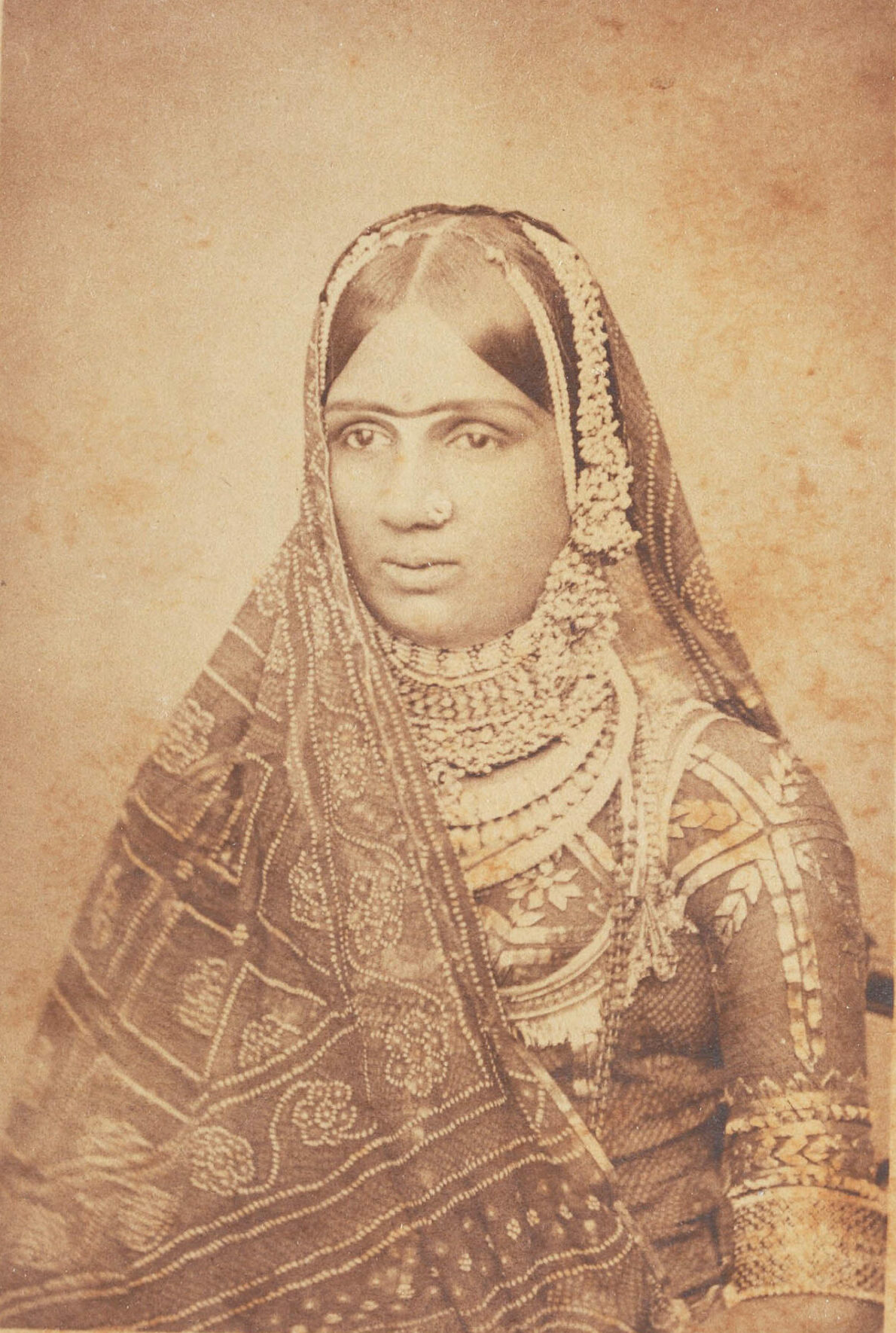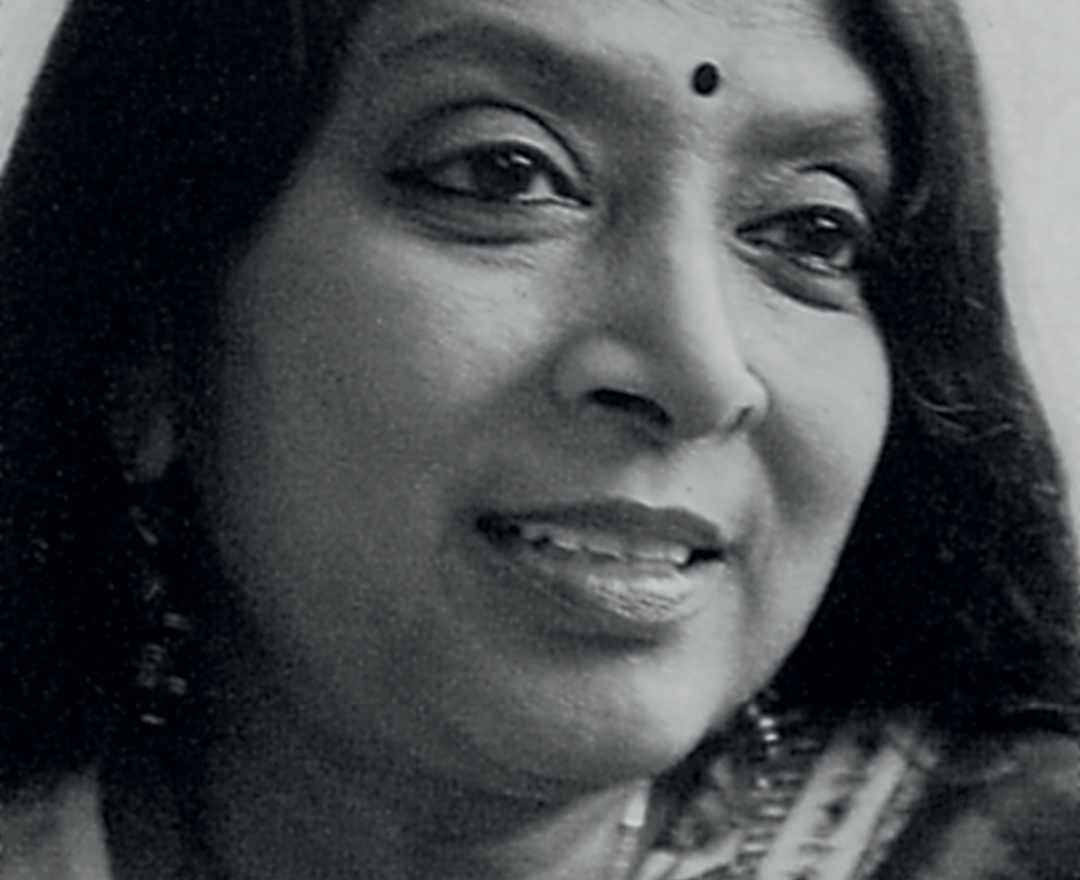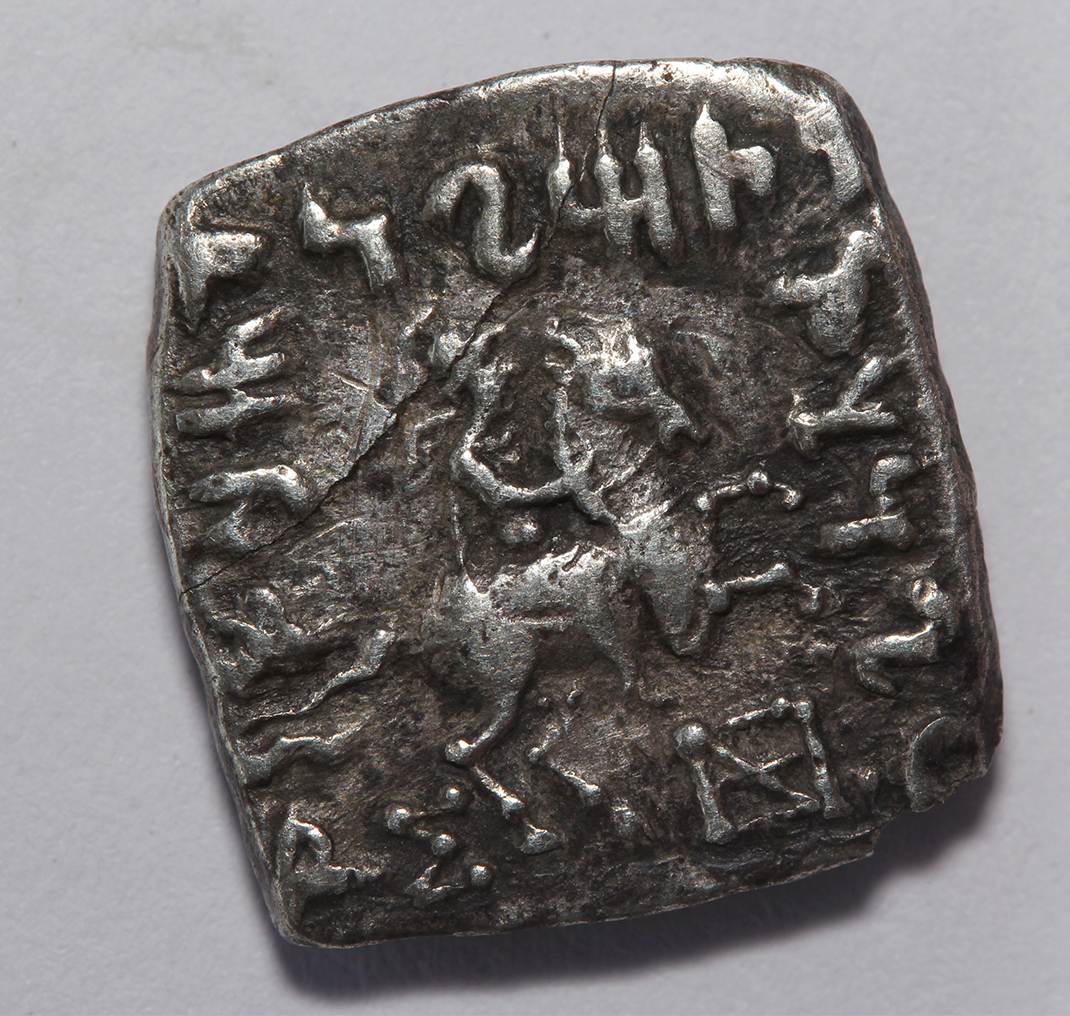It’s a word so intrinsically tied up in the culture of Lucknow that it’s hard to pin down exactly what tehzeeb encompasses. At its surface, it’s a repertoire of pretty manners. The little courtesies, social graces and please-and-thank-yous that smoothen the hard edges of human interaction. Go deeper and it translates into an air of warm hospitality. The unflinching kindness with which space is always made at the table for a surprise guest. But at its heart, tehzeeb is not about these external trappings at all. It’s a philosophical construct that comes into play when cultures collide.
Mehru Jaffer, author most recently of ‘Love and Life in Lucknow: An Imaginary Biography of a City’, describes it like this: “Tehzeeb is the backbone of the Ganga-Jamuni way of life. There exists the natural attraction of opposites between Hinduism and Islam. What you do with that attraction and how you approach the ‘other’—that is tehzeeb.” The Awadh region of which Lucknow was the capital has been ruled variously by ancient Hindu, Mughal and British empires, as well as by the Persian-origin Nawabs. And like the cities of Delhi, Hyderabad and Banares, this one too boasts a long history of communal harmony.
“The practice of tehzeeb is not as simple as following set rules of etiquette,” says Jaffer. “It’s more layered and complex than that. It demands putting the needs of the other before yourself. It believes that my character is reflected in the way that I treat you. That’s the genesis of the famous Lucknawi tradition of ‘pehle aap’. How can I eat until you do? How can my mehfil be beautiful without you?”
During our journey to Lucknow as part of Sarmaya’s Art of Travel series, we wanted our guests to experience the tehzeeb Jaffer spoke of so poetically, in all its forms—from the sweet to the soulful. We couldn’t have picked a better setting than over dinner at the home of Meera and Muzaffar Ali.
A power couple of Indian design, the Alis live and work out of Kotwara House, a charming Lucknow kothi in the palace complex of Qaiserbagh. Hailing from the royal family of Kotwara, ‘Rajah’ Muzaffar Ali is also a crafts revivalist and acclaimed filmmaker. His art betrays not just a great love for Awadhi culture—evident in films like Umrao Jaan and Anjuman—but also a deep obligation towards its people, many of whom are employed by his couture label, House of Kotwara. In Lucknow, this collection is housed in a beautifully curated design store above which the Alis maintain their private chambers filled with Indian art and antiquities.
Then we were treated to dinner and a movie. But in this city, even that old date-night staple finds the most sophisticated interpretation. Dinner was a sumptuous, candle-lit, home-cooked feast fit for royalty (of course, it had to be). And the movie was a private screening of Ali’s 1981 classic, Umrao Jaan, introduced by its award-winning director. So while we still can’t put into a few neat words the precise meaning of ‘tehzeeb’, by the end of the evening we knew one thing for sure: when Lucknow sets out to woo you, your heart simply doesn’t stand a chance.












